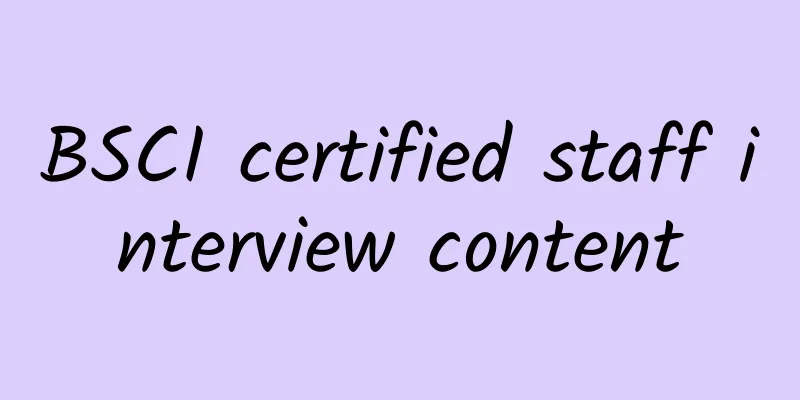WRAP Certification 12 Basic Principles

|
The WRAP production principles are for factories participating in the WRAP certification program. The purpose of this program is to independently monitor and verify that factories meet these core standards for global production social responsibility standards and ensure that sewn products are produced legally, humanely and ethically Participating companies voluntarily agree that they and their contractors will be reviewed under the WRAP certification program. The twelve basic principles of WRAP are as follows:
The laws and regulations of the place where you are located. 2. Prohibition of forced labor Sewn product manufacturers shall not use involuntary or forced labor - including Indentured, bonded or other forms of forced labour. 3. Prohibition of child labor: Manufacturers of sewing products shall not employ any child under the age of 14 or under the age of 14 who have been subjected to forced labor. The maximum age for education or the minimum age for work prescribed by law shall be the minimum age for employment, whichever is the most appropriate. The older age shall prevail. 4. Prohibition of harassment or abuse of laborers. Manufacturers of sewing products must provide a product that does not contain any form of harassment or abuse of laborers. work environment free from harassment, abuse or corporal punishment. V. Compliance with Wage and Benefits Regulations Sewn product manufacturers must at least comply with the minimum wage and benefits regulations set by local laws. Low total compensation paid to employees, including all specified wages, allowances, and benefits. 6. Comply with the working hours regulations. The daily working hours and the number of working days per week shall not exceed the clothing Unless there is an urgent business need, sewn product manufacturing Businesses must provide their employees with one day of rest every seven days. VII. Prohibition of discrimination: Sewn product manufacturers must base their discrimination on workers’ ability to perform the job, not on their individual characteristics. Hire, compensate, promote, and fire workers based on personal characteristics or beliefs. 8. Compliance with health and safety standards Sewn product manufacturers must provide a safe and healthy workplace. If the sewing product manufacturer also provides accommodation for workers, it must ensure the safety and health. IX. Guaranteeing freedom of association and collective bargaining Sewn product manufacturers must recognize and respect the rights of employees to exercise their Their legal rights to associate freely and bargain collectively, including the right to join or not join any association . 10. Comply with environmental management requirements Sewn product manufacturers must comply with the environmental management requirements applicable to their business operations. Environmental management rules, regulations and standards and comply with the required environmental protection requirements in all locations where they operate. Environmental protection practices. 11. Compliance with customs regulations Manufacturers of sewn products must comply with applicable customs regulations, especially Procedures shall be established and maintained to comply with customs laws regarding the prevention of illegal transshipment of sewn products. 12. Comply with safety regulations. Manufacturers of sewn products must maintain factory safety procedures to prevent Prevent unauthorized exports of goods (such as drugs, explosives, biohazards and/or contraband) . |
<<: Detailed version of holiday and anniversary leave policy
>>: APPLE Factory Inspection Code of Conduct
Recommend
COSTCO-COC Audit Standard Update
Since October 2017, Costco Wholesale has updated ...
sonar—mining Amazon real data
What is sonar? Sonar is a free Amazon keyword sea...
Customer factory audit on forced labor issues
Forced labor includes prison labor, indentured lab...
What is Burst? How to download Burst images?
Burst is a free stock photo platform powered by S...
What is Banggood? How is Banggood's business development?
What is Banggu? Banggood Technology Co., Ltd. (Ba...
AVE Audit Report Example
Initial Audit: Re-Audit: Lead-Auditor: Additional...
Important issues in Adidas factory inspection
1. Legality of the company: Guests can verify whe...
Common fire safety issues and solutions during BSCI factory audits (VI) Firefighting equipment and fire extinguishers are blocked by debris
Problem phenomenon: Fire extinguisher is blocked ...
Brand New Photo Service--Amazon product image origin
Brand New Photo Service is a service launched by ...
How is Tokopedia? What do I need to prepare to open a Tokopedia store?
Want to open a store on Tokopedia? This is a ques...
What is Aimai.com? What services does Aimai.com provide?
Aimai.com is a domestic website for overseas shop...
How is AiJing Technology? What services does AiJing Technology provide?
How about Aijing Technology? Shanghai Aijing Info...
How is Hongfeng Investment? What services does Hongfeng Investment provide?
Shenzhen Gangfeng Investment Consulting Co., Ltd....
What is Anker? What products and services does Anker have?
What is Anker? Anker was founded in California, U...
What is CapitaLand? How is CapitaLand? CapitaLand's business areas
What is CapitaLand? CADMON INTELLECTUAL PROPERTY ...









